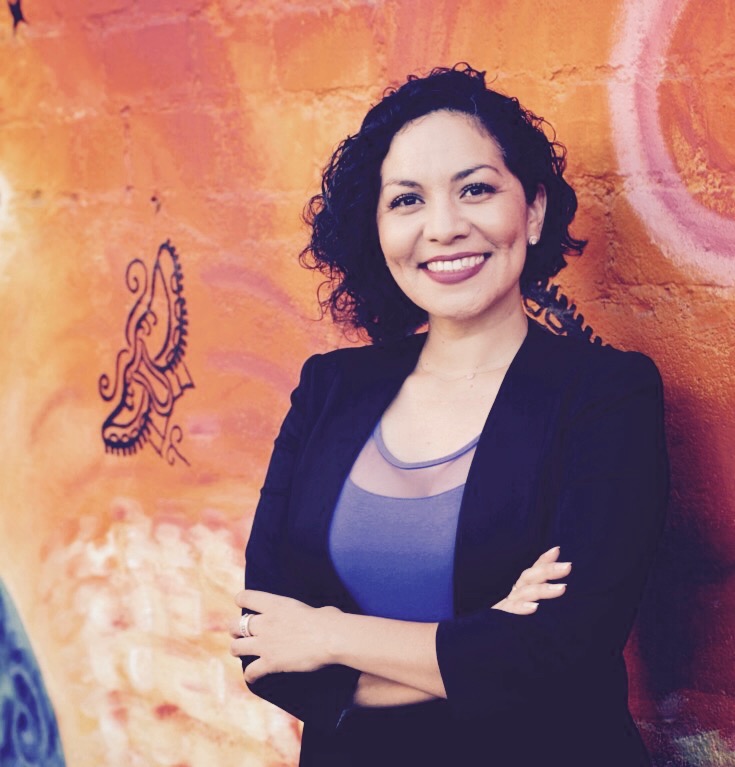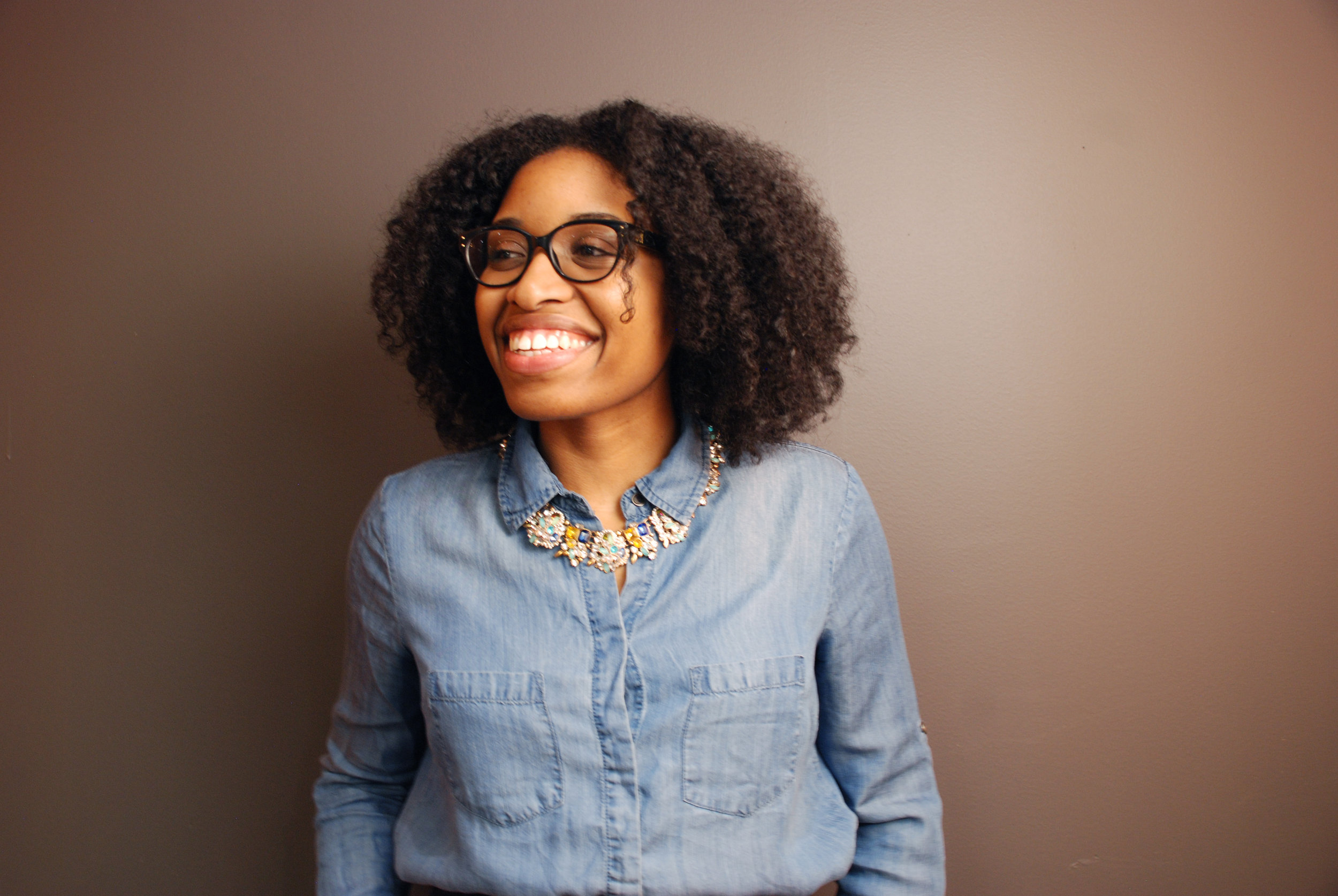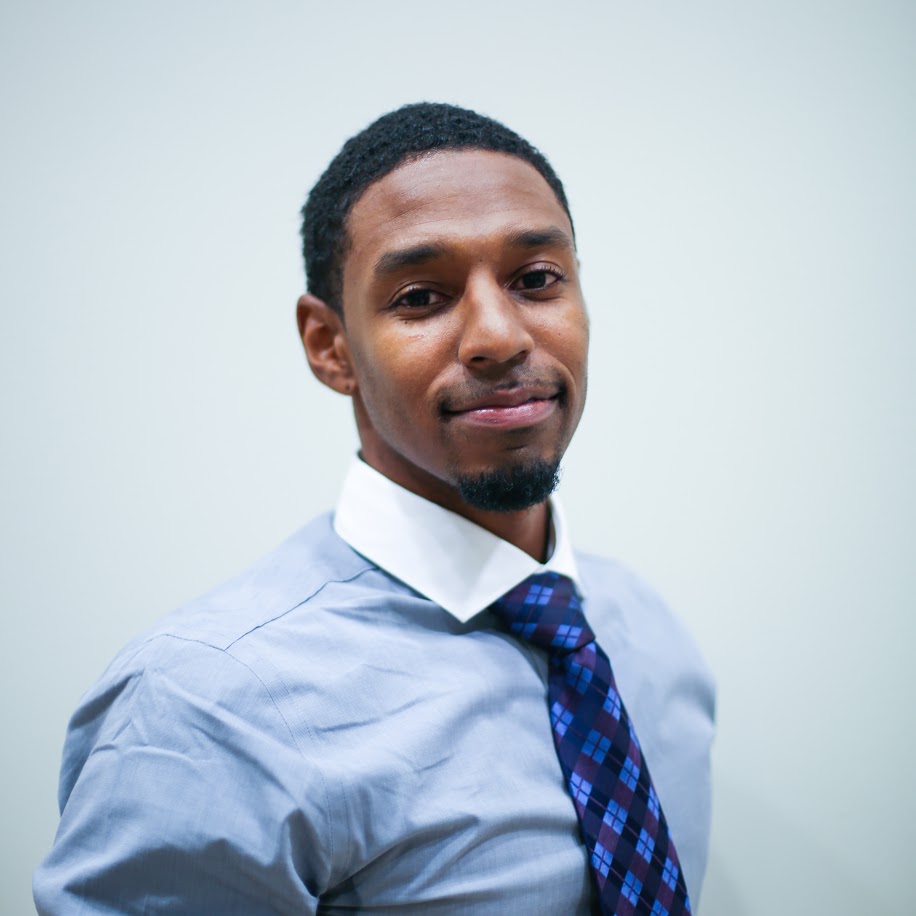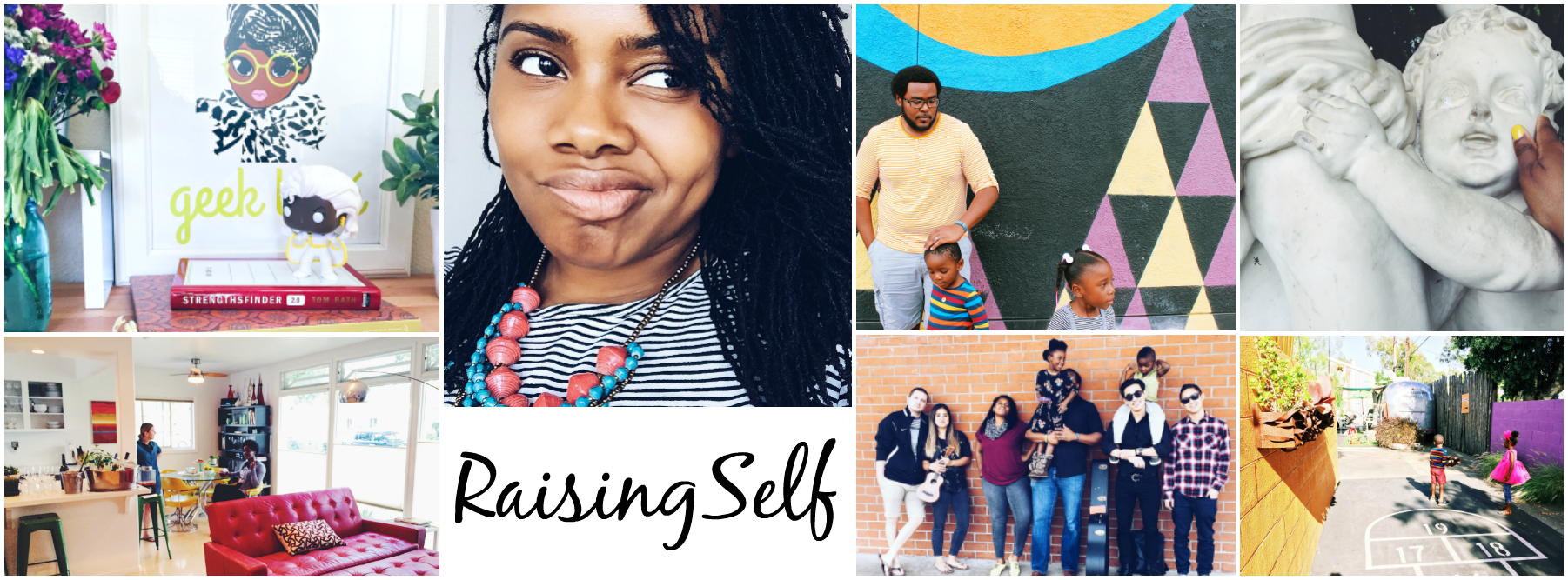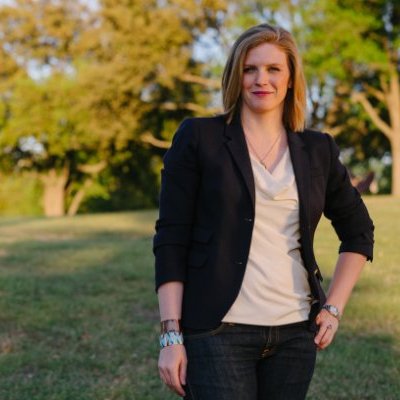An Inspired Dream with Aurora Anaya-Cerda
By Danielle Echols
As a company, we are committed to education in every aspect. We believe the arts, in any capacity, can empower and uplift the soul. So, when we encounter people like Aurora Anaya-Cerda, we have to share their story. We all know the saying "knowledge is power." Well, Aurora definitely took that to heart. She was the founder of La Casa Azul Bookstore, an independent bookstore in New York. Patrons could find every genre of literature, music, and fellowship with people from all over the city. The store was so revered that in 2013, she was nominated and recognized as a 2013 Crowdfunding "Champion of Change" by the White House. The store has since closed, but her commitment to education remains.
A native Angeleno, Aurora has returned to LA after living in New York for 11 years. She has been a teacher, curator, cultural worker, and entrepreneur - and is currently a student at the USC Marshall School of Business. She is passionate about art, education, literacy and the impact that social enterprises have towards a more just world. Recently, she talked with Design Dance about social entrepreneurship and why she felt opening La Casa Azul Bookstore was so important. See her story below.
Tell us a little of your backstory...
Books saved my life - they were my refuge, my escape, my safe space.
At age 12, I read The House on Mango Street by Sandra Cisneros and it was the first time I saw my reflection in a book: a young Latina, whose family and neighbors were so like the people I knew in my own life experiences. The House on Mango Street was the first piece of culturally relevant literature I read, and it had a tremendous impact on me. My journey as an educator, artist, and entrepreneur has been strongly influenced by Cisneros’ book.
When did you first recognize yourself as an entrepreneur?
I worked in education and the arts for 10 years before I considered becoming an entrepreneur. The idea for La Casa Azul Bookstore was born in 2006 when I signed up for a small business seminar. I didn’t register for the seminar because I wanted to open a bookstore, I registered because I wanted to learn a new skill (entrepreneurship). That seminar changed the direction of my life.
For the next six years, I would lose track of time when reading, planning, strategizing and visualizing what the bookstore would be. I felt like I had a purpose. I relied on those moments when it seemed that the goal was impossible to reach. Finally, in 2012 I opened La Casa Azul Bookstore in East Harlem with the support of 500+ funders that helped me raised $40,000 in 40 days.
La Casa Azul Bookstore reached incredible milestones in New York - not just as a bookstore, but as a gallery and cultural venue featuring writers, musicians, visual artists, and dancers. We hosted 200 programs a year, sold books that reflect the voices of writers of color, transformed into a literary hub, a safe space and a platform for multiple audiences.
What was the inspiration for La Casa Azul Bookstore?
One of the reasons I decided to open La Casa Azul Bookstore was because Chicana/o literature was critical in my own education and identity. Growing up, I read everything I could get my hands on, from cereal boxes to magazines and comics. When I discovered Chicana writers like Sandra Cisneros and Rudolfo Anaya, I connected to their stories and then began seeking out more books that reflected my identity and experience. By then I was already in high school and I wished I had read about them earlier!
With La Casa Azul Bookstore I aimed to create a space for children of color to see their reflections, where diverse voices were celebrated and where neighbors could share resources and build community.
What were some of the challenges you faced when managing the bookstore?
Running the bookstore from 2012 to 2015 was the most rewarding and challenging experiences of my life. The physical and mental exhaustion was expected but NO ONE told me about the emotional toll of running a business. Most days I felt that I was on the right path, that running the bookstore was exactly what I wanted to be doing… and there were days when fear and anxiety crept in. I was experiencing impostor syndrome and I tried to “do it all” -- until I couldn’t. With support from friends, bookstore staff and family, I learned to lean on others, to ask for help and to take care of my physical and mental health.
La Casa Azul Bookstore was in operation until 2015, when I decided to close the store to move back to California, attend graduate school and plan the next adventure. It was not an easy decision to make, and I miss the bookstore every day - but I have learned to have more self-compassion and self-acceptance in the journey.
How did it feel when you were recognized by the White House?
I received two emails from the White House but I ignored them because I thought it was junk mail - until a friend told me she had nominated me as a “Champion of Change”. I was one of 12 people recognized in June 2013 as Crowdfunding “Champions of Change.” The event focused on entrepreneurs who exemplified the promise of crowdfunding to fuel the growth of startups, small businesses, and innovative projects across the Nation.
I celebrated the bookstore’s first anniversary on June 1st in New York and took a train to DC the next day. Speaking at the White House was one of the highlights of my professional career and it was the perfect way to celebrate our first year in business.
What are some projects you are working on now?
I’m a student again!
I recently completed my first year at USC Marshall School of Business, in the MS Social Entrepreneurship program. I have enjoyed learning about social entrepreneurship, creative placemaking and the intersection of the two. I learn from every workshop/class/book constantly adding to my educational toolbox.
How do you define social entrepreneurship and why do you think it’s important?
Every action has an impact and it’s a matter of being intentional on having the most positive impact possible on people and the environment. To me, social entrepreneurship means taking other people and the planet into account when making all decisions in an organization.
Not only is it important, it’s absolutely necessary! We can no longer ignore social and environmental issues, we need to demand change from companies and use our individual and collective power to fight against injustice - knowing that all of our actions impact our society and the world.
What is the legacy you hope you are creating?
A story can be a window into another person’s experience, or a mirror that reflects your own. The majority of the books that I read as a child were windows -- an opportunity to look into the life/world of other people, other cultures, other experiences. When I read “The House on Mango Street”, I was looking into a mirror -- seeing a reflection of my own life and world.
Simon Sinek said, “Passion comes from who you are”. I am passionate about creating spaces where children can hold mirrors, especially for to those who have only seen through windows.
With La Casa Azul Bookstore we planted seeds in the minds and hearts of children who were exposed to books and stories that served as reflections of their own stories. In future years I hope those seeds flourish and inspire kids to follow their own passions.
Aurora Anaya-Cerda will be speaking at our Acceptance Tour in LA on Monday, May 22nd. For more information about Aurora, visit her links below.
LinkedIn: Aurora Anaya-Cerda
Articles: White House Archives , Do What You Love

